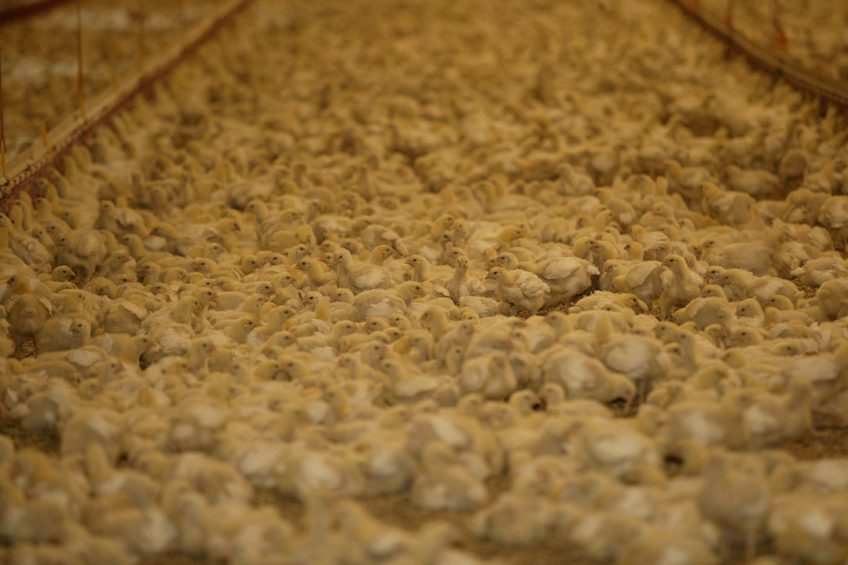Large-scale poultry smuggling undermines Paraguay producers

The Paraguayan poultry sector has raised concerns over the large-scale smuggling of chicken meat and eggs from Brazil and Argentina.
Producers have seen an increase in smuggling due to the “relaxation of control measures by the authorities.” As a result, the Paraguayan poultry sector sees their businesses are strongly affected. According to unofficial data, the equivalent of 30% of the entire poultry production in Paraguay is smuggled into the country, representing more than 2 thousand tonnes per month, according to local newspaper La Nación. Paraguay’s poultry sector slaughters around 300,000 chickens per day and employs more than 25,000 people directly.
ABC, another press outlet from Paraguay, points out that the smuggling of eggs could be close to 3,000 dozens per day, causing a loss of approximately US$ 1.4 million per year. According to the Association of Poultry Farmers of Paraguay (Avipar), national production is about 200,000 dozens a day.
Smuggling has been an issue for decades
The smuggling of agricultural produce is nothing new and has been an issue for decades. However, it has gotten worse in the last year. According to the Paraguayan poultry industry, “the lack of patriotism among military, customs officials, and health and trade authorities, strongly affects the national poultry industry.” Avipar’s president Pablo Mauger said that chicken smuggling was at an all-time high, and the president of the Paraguayan Association of Chicken Producers and Exporters (APPEP), Ceferino Méndez, added: “In the past, smuggling was common in border towns, but nowadays, illegally imported meat is shamelessly being sold in our capital.”
LAR expects to double chicken production
The Brazilian LAR Cooperative announced a huge investment of € 370,5 million by 2024 for its poultry and pig producing chains in Paraná.
Smuggling poses high health risk
The sector prepared a dossier about illegal chicken meat, chicken sausages, and eggs, among other by-products. In general, the smugglers enter the country in large trucks through the “Ponte da Amizade” and these in turn unload to smaller vehicles for further distribution. The sector’s representatives have warned about the consequences of the illegal distribution, as the health risk due to inadequate transportation is high, and the lack of cooling and control threatens consumer health. “This is why we alert our population not to consume these products,” concludes Rodrigo Alderete from Avipar.












